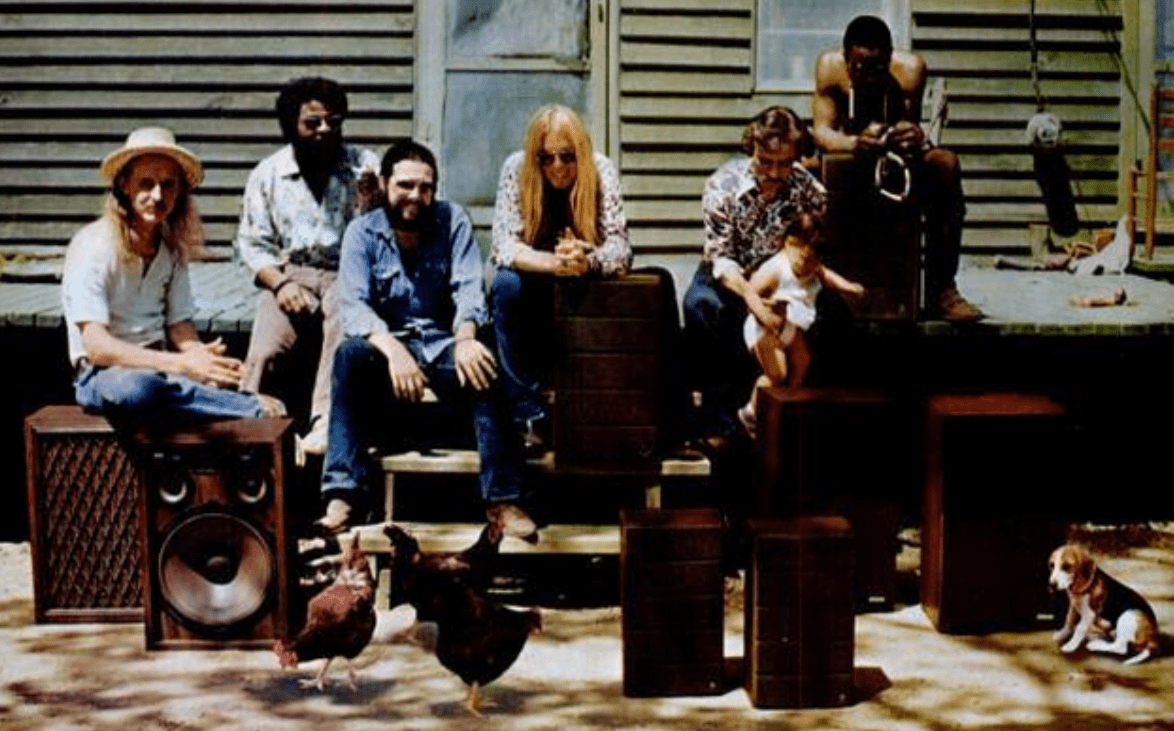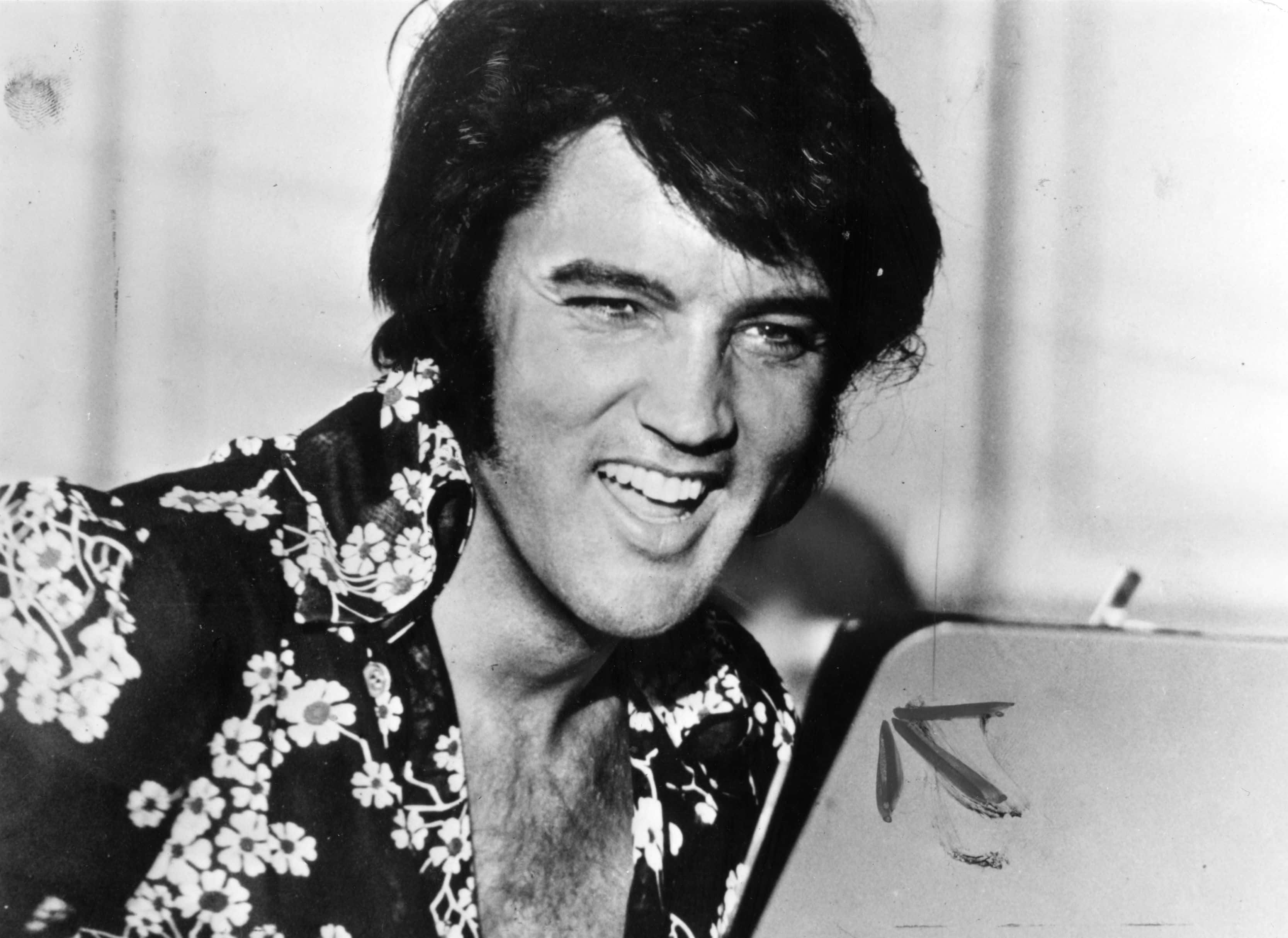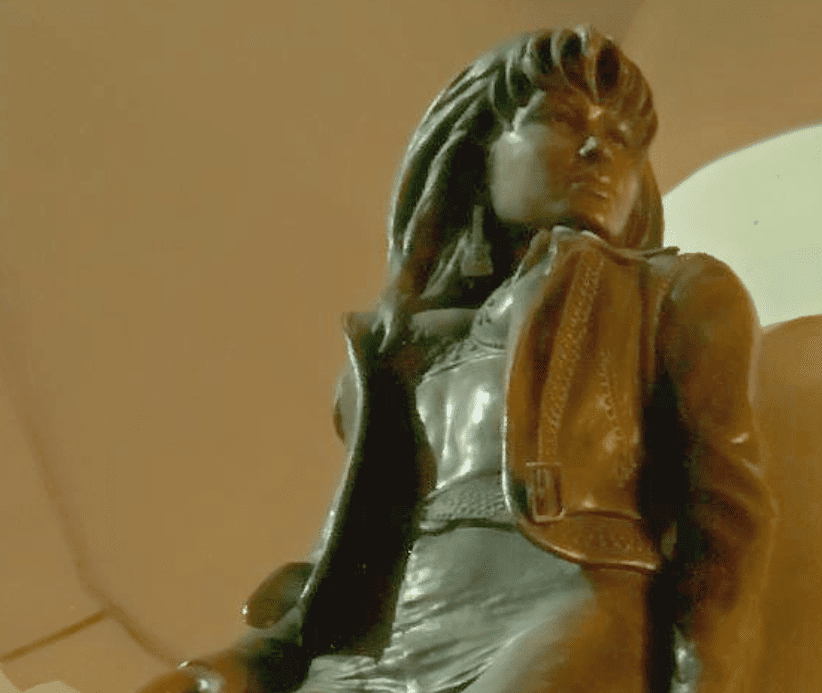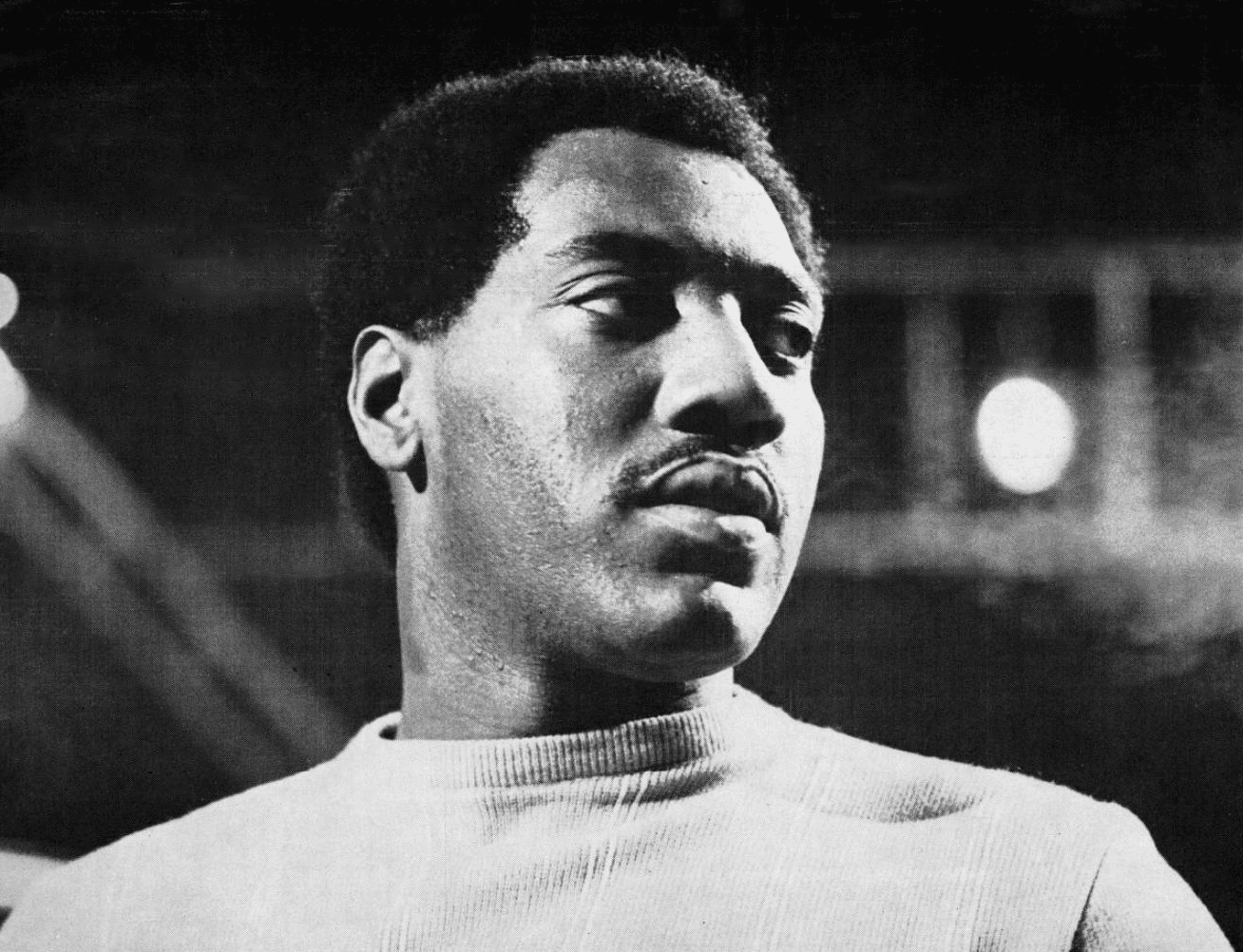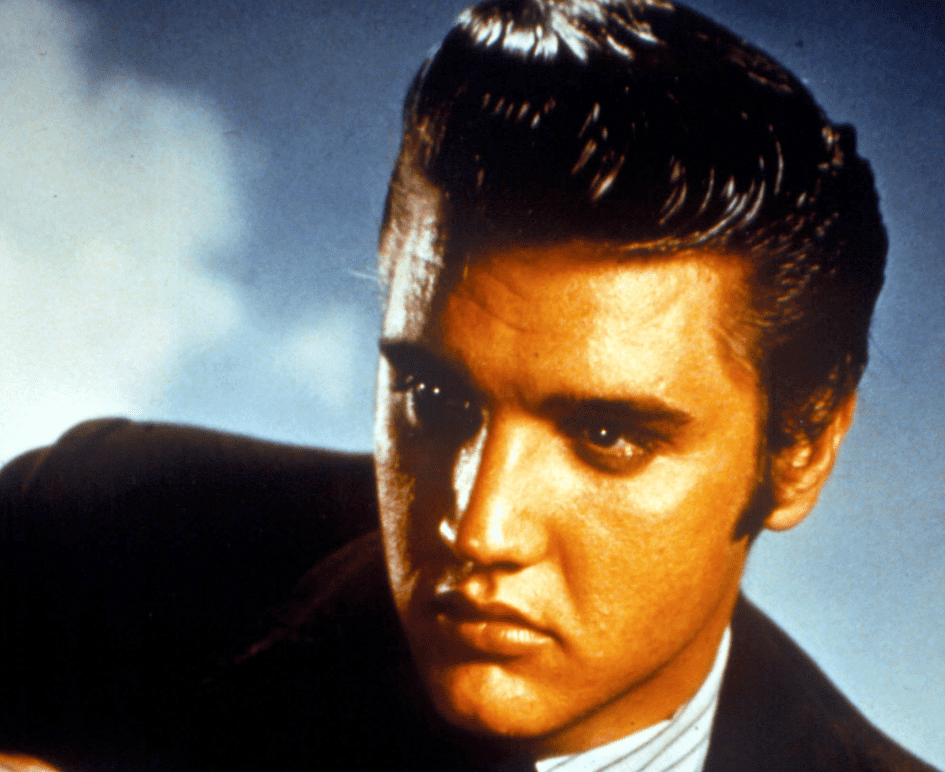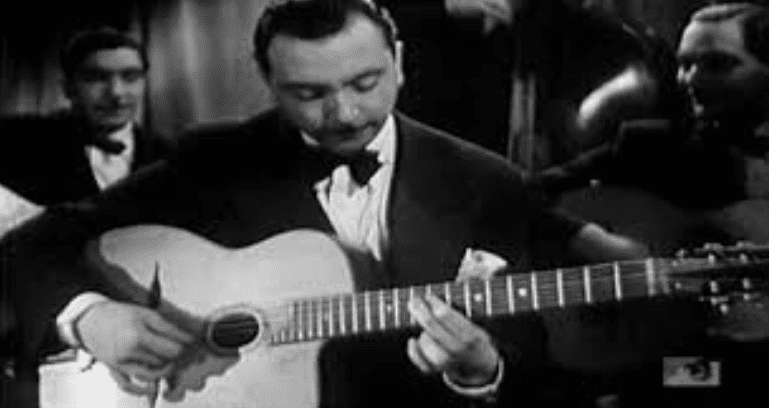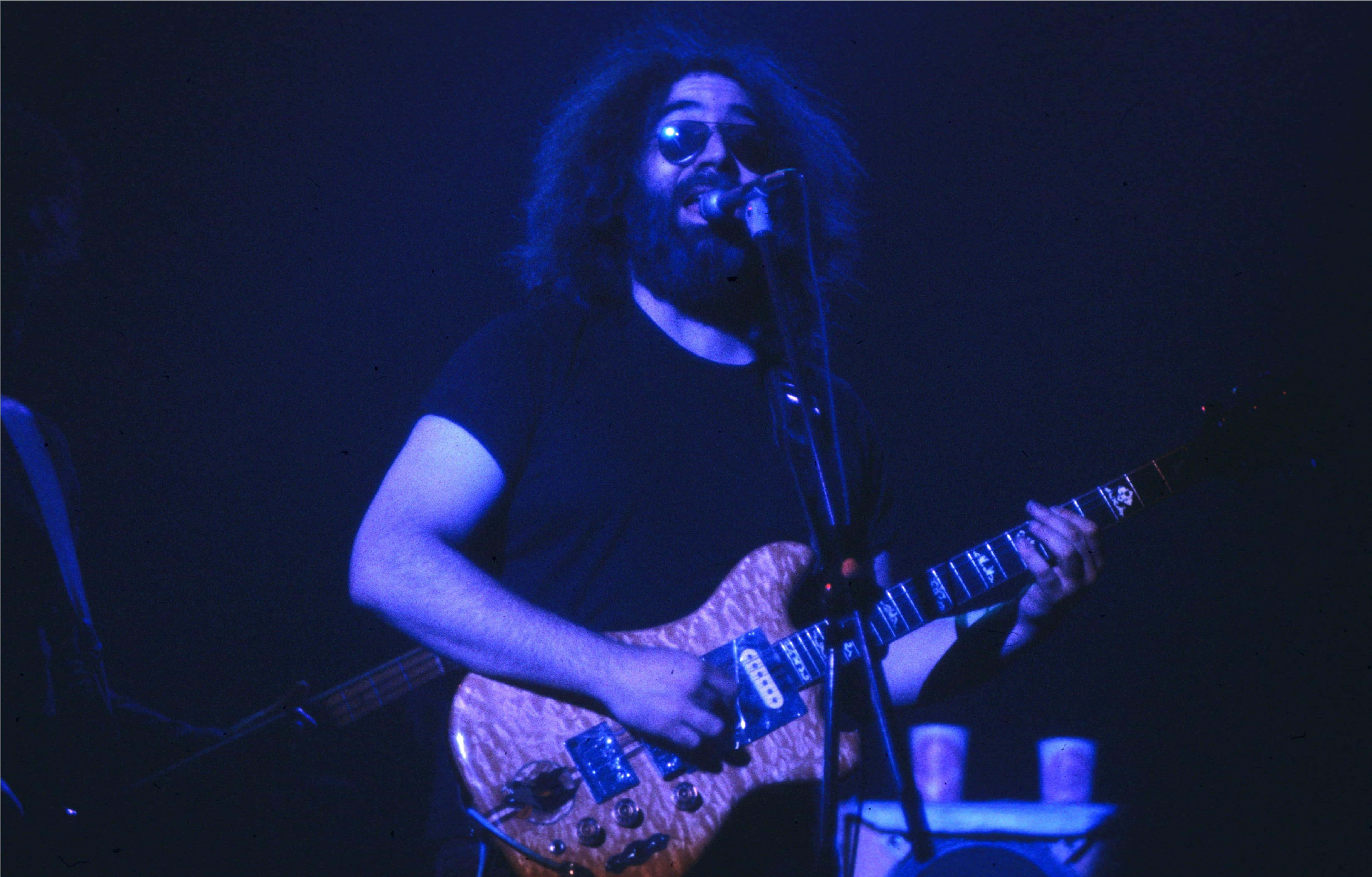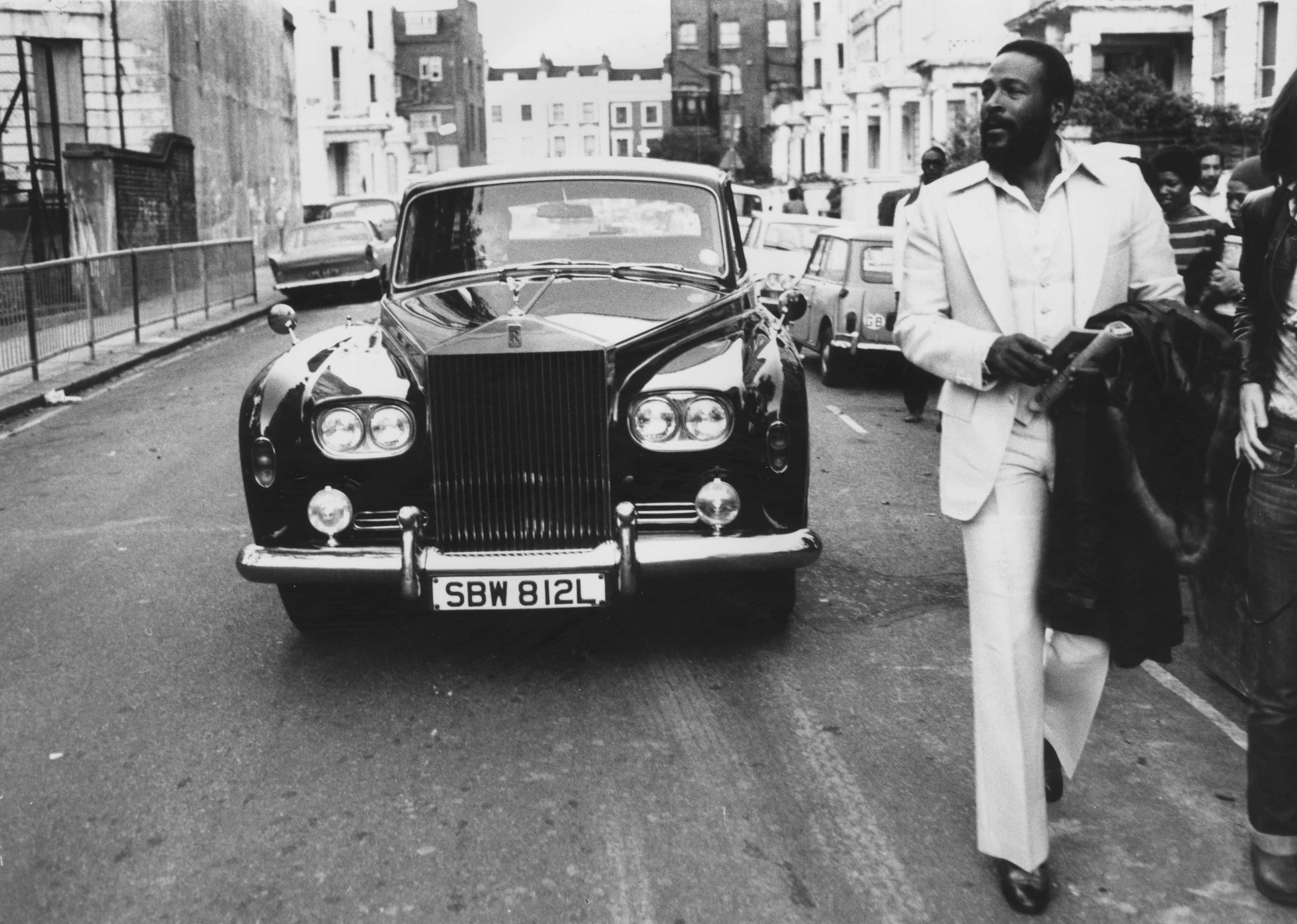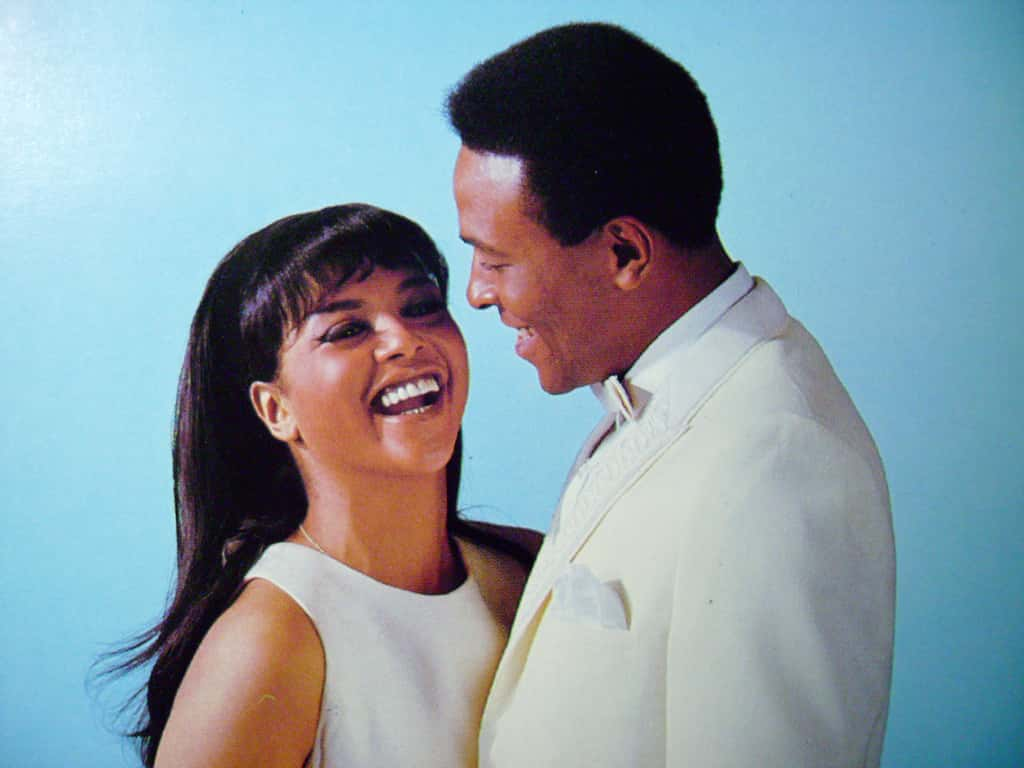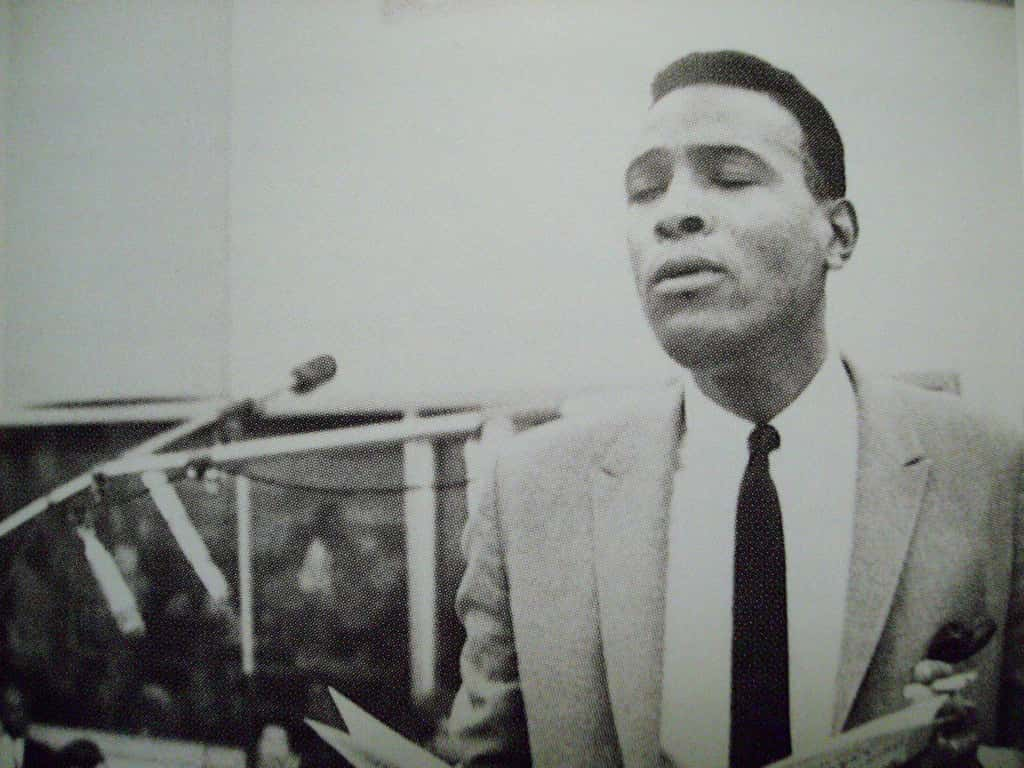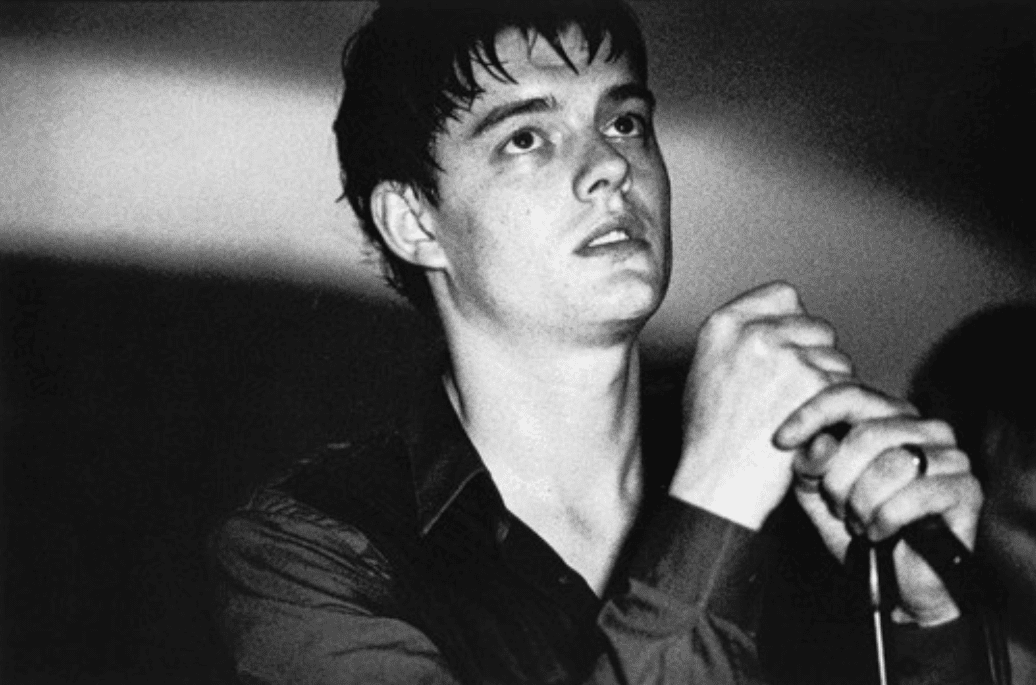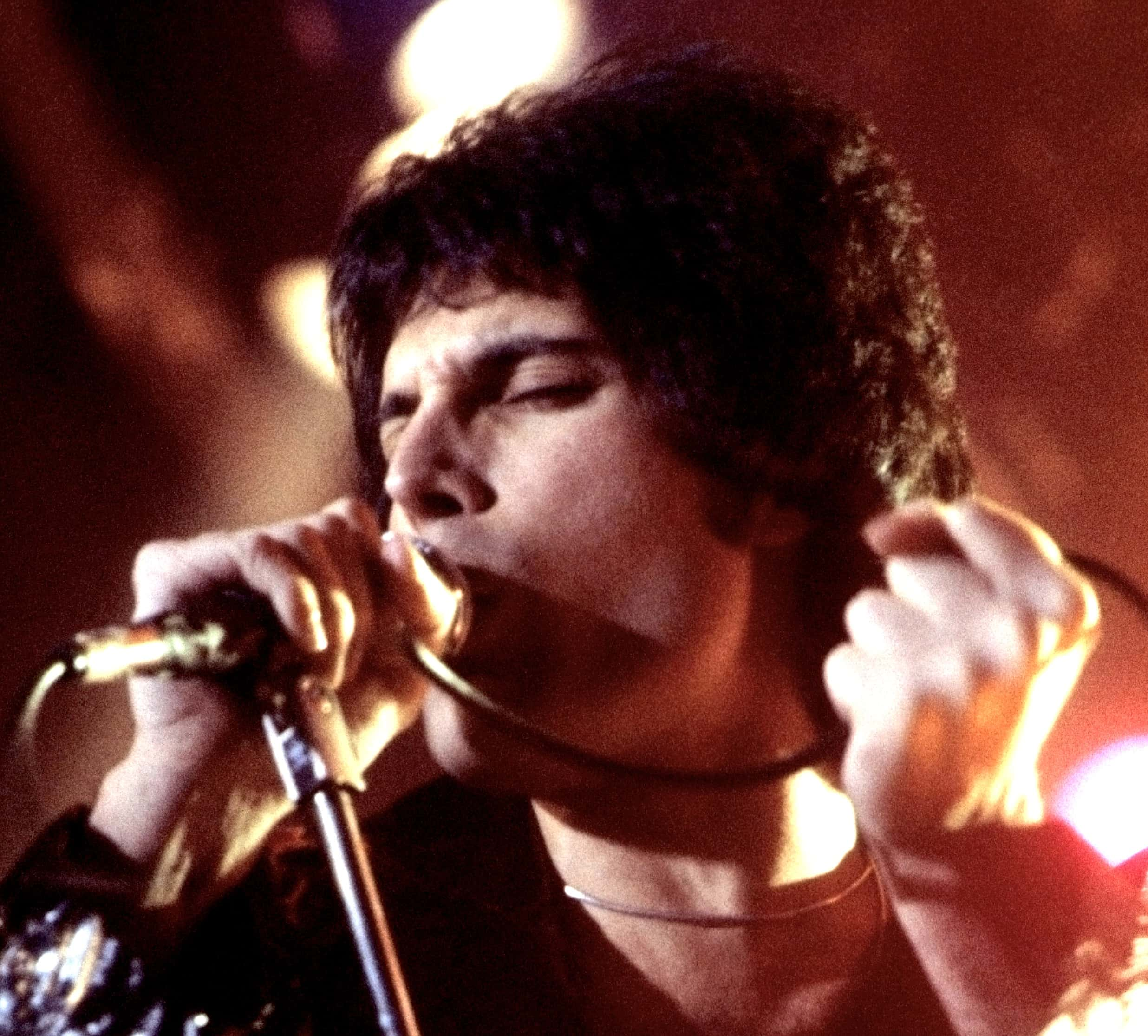We’re used to envying musicians for their fame and their talent. Pop stars who have legions of cheering fans and rock stars who live a wild, hard-partying life: these are the lives that many aspire to emulate. But it’s not always easy being at the top and fate has a way of reminding all humans of their fragility on this planet.
From revenge schemes to depression, plane crashes to substance use, the recent past has given us plenty of examples of musicians who experienced a life of tragedy or a tragic end to their lives. Here are 42 facts about the tragic figures behind some of the past century’s most memorable music.
1. The Last Days
Due to the high-profile nature of the case and the rampant conspiracy theories perpetuated by fans, Seattle law enforcement decided to revisit Kurt Cobain’s case in 2014. Detectives claimed an undeveloped roll of film with photographs of the scene that had sat in an evidence locker for years. These photos provided a clearer image of Cobain’s final moments than the Polaroids that had been previously used.
Upon re-evaluation of the scene, the detective only confirmed the finding that Cobain had taken his own life, but they initially refused to release these new photos to the public, saying “What are people going to gain from seeing pictures of Kurt Cobain laying on the ground with his hair blown back, with blood coming out of his nose and trauma to his eyes from a penetrating firearm wound. How’s that going to benefit anybody?”
However, some of the photos, including one tragically showing the hospital bracelet he still had on his arm from the detox program that he had escaped from just days before his passing, were later made publicly available.
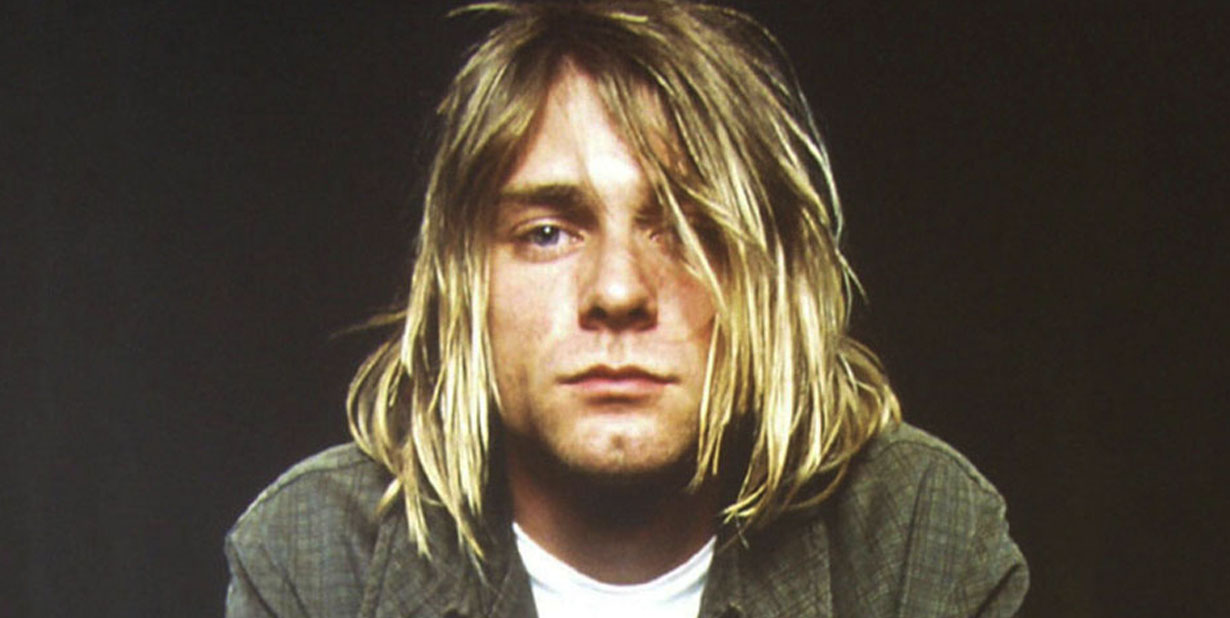
2. Getting The Band Back Together
After the Martin Scorsese-directed concert film The Last Waltz cemented the legacy of American folk group The Band, things took a turn for the tragic. They split shortly after the film. When the group did get back together in 1983, not everything went according to plan. Three years into their reunion, pianist Richard Manuel hung himself in his motel room the night after a show and his replacement, Stan Szelest, passed on only 5 years later due to a heart attack.
3. Up In The Air
There’s just something about musicians and airplanes that spell tragedy. Lynyrd Skynyrd became one of a number of bands to be decimated by a plane crash. In 1977, the band lost lead singer Ronnie Van Zant, guitarist Steve Gaines, and singer Cassie Gaines, as well as one of their crew members, Dean Kilpatrick, when their plane crashed in rural Mississippi. One of the biggest rock groups in America, they had just released their latest album three days before the accident.
4. Exclusive Membership
Everyone’s heard of the “27 Club,” the phenomenon of young musicians dying in their prime at the age of 27. Amy Winehouse was one of the more recent members to join the club, but it got its name from a fateful two year stretch between 1969 and 1971. During this period, Brian Jones of the Rolling Stones, Jimi Hendrix, Janis Joplin, and Jim Morrison of the Doors all met their end at the age of 27. When Kurt Cobain passed on in 1994, also at the age of 27, the “27 Club” became a well-known phenomenon in popular culture.
5. Multi-Talented
Freddie Mercury was known for his powerful voice and stage presence as the lead singer of Queen, but he was also a bit of an artistic designer as well. The “Queen” crest that was to be central to the band’s image was designed by none other than Mercury himself!
6. Monumental Voice
Queen were one of the biggest rock bands on the planet in part because of the signature vocal stylings of their lead singer, Freddie Mercury. A big part of his sound was his immense vocal range, which at the very least spanned four octaves, though some have suggested that his range was even greater than that. When Mercury lost his life due to an AIDS-related illness, the world truly lost one of its best voices.
7. Lightning Strikes Twice
The Allman Brothers really did have the worst luck. After Duane Allman perished in a motorcycle accident in 1971, things didn’t seem like they could get worse. That is, until a year later, when the band’s bassist, Berry Oakley, met an eerily similar demise. Oakley also lost his life in a motorcycle accident in Macon—in fact, the accident was only a few blocks away from the site of Duane’s demise. Sometimes the truth is stranger than fiction.
8. Caged Heart
Elvis Presley infamously passed on in the upstairs bathroom of his Graceland mansion in Memphis, Tennessee and only a select few have ever set foot in the area. Those few include Presley’s family and…um, Nicolas Cage. Why Nicolas Cage? Well, the main reason was because Cage was married to the King’s daughter, Lisa Marie in the mid-2000s.
9. Mismanagement
As one of the biggest pop stars on the planet, Selena Quintanilla was supposed to be protected by her management. When Selena signed Yolanda Saldivar as one of her agents in 1994, she thought she was getting someone with a keen eye for business. Perhaps that eye was too keen; although former employees of Saldivar complained to Selena of her erratic behavior as a boss, few could have predicted that Yolanda was actually embezzling a huge sum of money from Selena’s loyal fans.
After receiving a number of complaints about a fake fan club, Selena and her team began to investigate only to discover that Saldivar was cashing the cheques for herself. She had embezzled around $30,000. The discovery of this scheme would eventually lead to Selena’s murder.

History's most fascinating stories and darkest secrets, delivered to your inbox daily.
10. End Of A Dream
Because Yolanda Saldivar had access to bank records and other important information for Selena, she did not want to go to the authorities when she found out her agent was embezzling money from fans. So she decided to meet Saldivar in person to get back her financial papers. On March 31, 1995 in a hotel room in San Antonio, the desperate Saldivar pulled a firearm on Selena and fatally shot the young star in the back. After a nearly 10 hour standoff with the FBI, Yolanda surrendered.
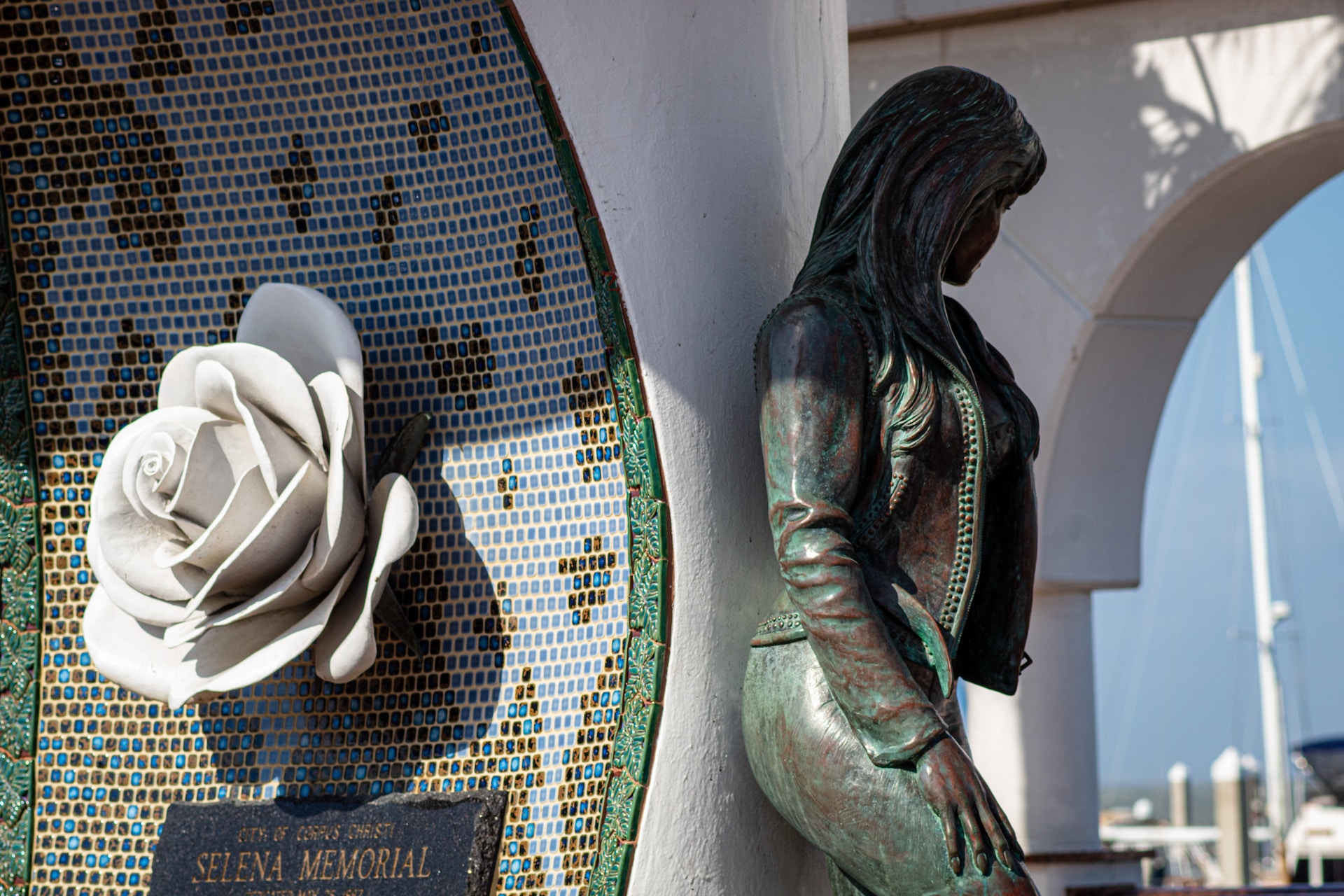
11. A Grand Procession
Such was the popularity of Selena Quintanilla that it was hardly a surprise when her funeral drew massive crowds of grieving fans. A public viewing was held at the Bayfront Auditorium where almost 40,000 fans paid their last respects to the singer. Approximately 80,000 people signed the funeral book.
12. Gone But Not Forgotten
Selena Quintanilla’s tragic demise has led to a continued fascination with her life and her career. So much so, in fact, that approximately 30,000 tourists visit the statue erected in her honor in Corpus Christi, Texas each year. The bronze depiction of the late singer was sculpted by Buddy Tatum in 1997 and continues to draw visitors to this day.
13. The Cost Of Fame
When she was just 15 years old, Aaliyah was becoming one of the biggest pop sensations in the world with her debut album Age Ain’t Nothing but a Number, which was produced by R. Kelly. Gossip and news circulated soon after the album’s release that Aaliyah and Kelly had been secretly, and illegally, married. In the documentary Surviving R. Kelly, Demetrius Smith gave new insight into how he forged documents to make Aaliyah appear to be 18, rather than 15.
R. Kelly has since had numerous allegations against him for relationships with underage girls. For many, what happened with Aaliyah was the first sign of his predatory behavior.
14. At Her Peak
Just as Aaliyah was cementing her name as the “Queen of Urban Pop,” tragedy struck, cutting her career abruptly short. After filming a music video in the Bahamas, Aaliyah and her crew took off on a private jet to return stateside. With one too many passengers and almost 700 pounds over the recommended capacity for the jet, the plane crashed at the end of the runway. Aaliyah and her crew, along with the pilot and co-pilot all perished in the accident—news that shocked both fans and the music industry.
15. A Kind Of Blue
When Otis Redding perished in a plane crash on December 10, 1967, America lost a voice giving song to the civil rights movement in the South. His “(Sittin’ On) The Dock of the Bay” paired soul with a folk music largely associated with white audiences. The result is one of the greatest and most powerful songs to come out of the American songbook, which makes it even more tragic that Redding wasn’t alive to see the effect that his voice had.
16. Joining The Club
In the years leading up to her demise from alcohol toxicity, the soulful Amy Winehouse spoke candidly about her fear of reaching the age of 27. Knowing her own battles with substance use, Winehouse was often aware that she might join the infamous “27 Club” with the likes of Kurt Cobain, Jim Morrison, and Janis Joplin. It was indeed to be her tragic fate in 2011, much to the despair of her friends, family, and fans.
17. Late In The Game
Just before her untimely passing in 2011, the gifted singer Amy Winehouse vowed that she was going to settle down her hard partying life to start a family. She had recently been given the go-ahead by doctors to attempt getting pregnant after cleaning up from a long bout of substance use. Her hope for the future makes her passing all the more tragic.
18. Public Image
Much like Karen Carpenter before her, Amy Winehouse is another notable example of how fame and public image create immense and unhealthy pressure for women in the entertainment industry. Winehouse suffered from bulimia that, as her brother argued in an interview after the singer’s demise, intensified many of her other problems. The eating disorder frequently contributed to a frail appearance onstage and exacerbated her drug use and alcoholism.
19. Disastrous End
Just months before her passing in 2011, Amy Winehouse was visibly out of control. Her European tour was cut very short, after only one show. In the summer of 2011, she began her set in Belgrade to a bemused audience—she was clearly very intoxicated. She ended up wandering around the stage more than actually singing, before being booed off by the annoyed crowd. The rest of her tour was cancelled and she was never able to recover.
20. I’m Goin’ To Graceland
After Elvis Presley succumbed to a heart attack in 1977, he was buried next to his mother in the Forest Hill Cemetery in Memphis. But that didn’t last too long. Because people are sometimes just the worst, a few grave-robbers attempted to dig up the King of Rock n’ Roll shortly after his funeral. So it was agreed that he would be moved and buried back on the grounds of his mansion Graceland, where he continues to rest to this day.
21. Living Long In Memory
Elvis Presley’s popularity was so great that he continues to attract attention well into the 21st century. People were so upset when the King passed on in 1977 that they made his Graceland a virtual pilgrimage. When his body was relocated and buried on the grounds, it only increased the tourism ten-fold. Currently, Graceland is the second most visited house in the United States. The number one spot, of course, belongs to the White House. Not too shabby!
 Wikimedia Commons Terry Waggoner
Wikimedia Commons Terry Waggoner
22. Life Less Travelled
The inimitable French jazz guitarist Django Reinhardt certainly did not take the conventional route to the spotlight. Born in a nomadic Belgian-Romani community, Reinhardt married at the age of 17 and, due to a house-fire shortly thereafter, severely burned his left hand and paralyzed his right leg. Django had always been a musician and a skillful guitarist.
The injury left him unable to play the frets of the guitar in the traditional method, and so he decided to come up with his own method. He was able to take an unfortunate accident and forge it into one of the most unique sounds in jazz music history.

23. An Abrupt Ending
After struggling through poverty and injury to become one of the hottest jazz acts in Europe, and indeed around the world, it all ended rather abruptly for Django Reinhardt. It was a rather pleasant day in Paris on May, 16, 1953. The 43-year-old Reinhardt had just finished playing a show and was reaching the steps of his home when he suddenly suffered a brain hemorrhage.
Collapsing at his front door, Reinhardt was unable to see a doctor for an entire day, since it was Sunday. By the time he made it to a hospital, it was too late: he had succumbed to a stroke.
24. Running Out Of Time
The Grateful Dead’s Jerry Garcia lived a high octane life when it came to illicit substances and booze. He had several bouts of intense substance use, but he decided to get help in 1995. That he was trying to get clean made his passing in the Serenity Knolls treatment center in California all the more tragic. With his body suffering from years of mistreatment, sleep apnea, and other illnesses, Garcia’s heart just couldn’t take the stress of sobering up. He had a heart attack early in the morning of August 9, 1995.
25. But Not Forgotten
Deadheads are well known for being some of the most devoted fans in all of music. They know every Grateful Dead song and frequently debate their best live sets. When frontman Jerry Garcia passed on in 1995, it was hardly a surprise when grieving fans decided to pay their last respects to the tragic guitarist and singer. In a public memorial held at Polo Fields in San Francisco, around 25,000 people showed up to say goodbye one more time to the beloved musician.
26. An Unhappy Soul
For many, Elliott Smith was the voice of a generation of early indie rockers, known for his self-reflective and moody songs. But Smith was also well known for his mental health problems. He suffered from ADHD and long bouts of depression. In the early 2000s he battled with substance use, and crowds at his shows began to notice a visible deterioration in his memory and playing skills. In many ways his career became marked from this point forward as one of tragic loss and missed potential.
27. Tragic Mystery
The circumstances surrounding Elliott Smith’s tragic demise in 2003 were bizarre and mysterious. After getting into an argument with Smith, his girlfriend Jennifer Chiba locked herself in the bathroom to take a shower—that’s when she heard a scream and ran out only to find Smith with a knife protruding from his chest.
A brief suicide note was found and doctors labeled the demise as such, but they left open the possibility of something more sinister. Some murmurs went around that Chiba was suspected of foul play, but the investigation went no further in part because of Smith’s early attempts to end his life and his checkered-history with substance use.
The saddest part was that Smith had seemed to be getting healthy again and was working to get his life back on track. The album he was working on, From a Basement on the Hill, was posthumously released to much critical acclaim.
28. A Lost Voice
Marvin Gaye was one of the biggest stars to come out of Motown and he had one of the greatest voices in America. But his life came to a tragic end at the hands of his own father, Marvin Gay Sr., on April 1, 1984. Gaye had always been at odds with his father, even enlisting in the Army to escape home when he was still a teenager.
Even with this background, few could have predicted the events that unfolded when the soul singer attempted to intervene in a fight between his father and mother. Marvin Gay Sr. pulled out a firearm and fatally shot his son. At Gay Sr.'s trial, he was eventually found guilty of voluntary manslaughter after it was revealed that he'd been diagnosed with a brain tumor.
29. In Your Arms
Even before his brutal murder in 1984, Marvin Gaye’s life was struck with tragedy. In 1967, Tammi Terrell, who had recorded “Ain’t No Mountain High Enough” with Gaye, collapsed in his arms on stage in Farmville, Virginia. Gaye rushed Terrell to the hospital where it was soon discovered that she suffered from a malignant brain tumor—her cancer proved to be fatal less than a year later.
30. Never Again
Marvin Gaye almost quit the music business altogether after the loss of his close friend Tammi Terrell in 1968 from brain cancer. He felt that the music was hardly worth the struggle; he had seen how the industry treated individuals and couldn’t bring himself to write or record any new material. Gaye eventually decided to return to Motown studios to record new music two years later in 1970, but he was never quite the same.
31. The Wrong Crowd
Before Joy Division exploded onto the scene in the late 1970s, troubled lead singer Ian Curtis got into quite a bit of trouble with his teenage friends. While volunteering to visit the elderly as a part of a school program, Curtis and his friends were known to raid the medicine cabinets of their charges to take prescription meds. At one point, Curtis almost overdosed and had to be taken to the hospital by his father to have his stomach pumped.
32. To Calm The Nerves
Touring with Joy Division after the success of their breakout first album, Unknown Pleasures, took a huge toll on Ian Curtis’s life. He had been diagnosed with severe epilepsy and had been put on a strict regimen of medications. The partying and lack of sleep during the tour led to increased mood swings and seizures. By the time the band was recording their sophomore album, Curtis suffered on average two seizures per week.
33. Unraveling
With the pressures of touring and the mismanagement of his epilepsy, Ian Curtis’s personal life was unraveling. After having an affair with the Belgian journalist Annik Honoré, his wife Deborah began to file for divorce in 1980. In the midst of a deep depression, and with his health getting worse, Ian Curtis took his own life in his Macclesfield home.

34. The Day The Music Died
Sometimes tragedies strike more than one musician at a time. That was the case on February 3, 1959 when a four-seater airplane took off from Clear Lake, Iowa, carrying Buddy Holly, Ritchie Valens, J.P. Richardson (AKA The Big Bopper), and a pilot named Roger Peterson. Soon after takeoff, the plane ran into mechanical issues and crashed in a cornfield, taking the lives of three of the biggest new names in rock n’ roll.
35. Silver Linings
Sometimes the tragedy that befalls musicians spur their contemporaries to make great things in their honor. One of the great American rock n’ roll songs, after all, was written as a tribute to Buddy Holly, Ritchie Valens, and J.P. Richardson. Don McLean’s 1971 hit “American Pie” memorialized “the day the music died.” McLean’s song sat atop the US charts for four consecutive weeks and has often been cited as one of America’s greatest ever songs.
36. Broken Hearts
As if the tragedy of a sudden end weren’t hard enough, Buddy Holly’s story gets even sadder when you remember that his wife, Maria Elena Holly, was pregnant with the couple’s first child at the time of the plane crash. Torn up with grief, Maria miscarried the child only a few days after she learned that her husband had perished when the plane went down.
37. Society Is A Drag
In interviews after the passing of Kurt Cobain in 1994, friends and his Nirvana bandmates intimated that they knew he wasn’t going to live a long life. Cobain was infamously misanthropic, detailing frequently how much he disliked other people. A lot of those feelings stemmed from his childhood and teenage years, where he was bullied often, especially when he became close friends with a gay student at his high school. He often advocated for LGBTQ rights and gave interviews for magazines such as The Advocate and Out.
38. Heck Of A Ride
Few bands can claim to match the tragic bad luck of the legendary American folk-rock group The Allman Brothers. In 1971, one of the brothers, Duane, lost his life in a motorcycle accident in their hometown of Macon, Georgia. The accident led to a long series of unfortunate events and deaths within the band, which currently only has one surviving original member left.
39. Hells Bells
Australian rock gods AC/DC have long been poster boys of the hard-partying rock n’ roll lifestyle—a lifestyle that often takes its toll. Bon Scott, the raucous first singer for the band, epitomized both the highs and lows of the partying life. In 1980, just as the band was beginning to record what would become their monumental hit album Back in Black, Scott was left to sleep in his friend’s car after a night of hard drinking at a London club.
When his bandmate Alistair Kinnear tried to wake Scott the next day, he was already deceased. The official cause was “acute alcohol poisoning” and asphyxiation: he had choked on his own vomit. Nonetheless, one of his biographers, Jesse Fink, argues that Scott’s pulmonary aspiration with vomit suggests that he may have succumbed to a fatal dose of a harder drug.
40. A Needed Conversation
Whereas many rock stars die young from the tragic excesses of a partying lifestyle, Karen Carpenter of The Carpenters presented an altogether different set of problems. Due to the pressures of keeping a particular public image, Karen suffered from anorexia throughout her short life. When she passed on in 1983 at just 32 years of age, it was one of the first times that eating disorders became a major talking point amongst the American people.
41. The Last Minute
Through the late 80s, fans and the press had been gossiping and hypothesizing that Freddie Mercury was not well. When Mercury finally confirmed speculations that he was suffering from AIDS, it was one of the last things that he did. Freddie Mercury perished from complications only one day after making his illness public.
The last song that Freddie Mercury ever recorded was called “Mother Love,” which touched on his illness and failing health. After recording much of the song, Mercury told bandmate Brian May that he needed to take a break. When he left the studio that day, he would never return—he passed on six months later.
42. This Is The End
To this day, Mercury’s final resting place is unknown. After his passing on November 24, 1991, his body was cremated, and his ashes were kept in an urn by his lifelong friend, Mary Austin. Two years later, Austin quietly left her house with the urn, fulfilling Mercury’s wishes to be covertly laid to rest without risk of disturbance. Not even his parents were told, and Austin has kept the secret of where the star’s final resting is to this day.
Sources: 1, 2, 3, 4, 5, 6, 7, 8, 9, 10, 11, 12, 13, 14, 15, 16, 17, 18, 19







